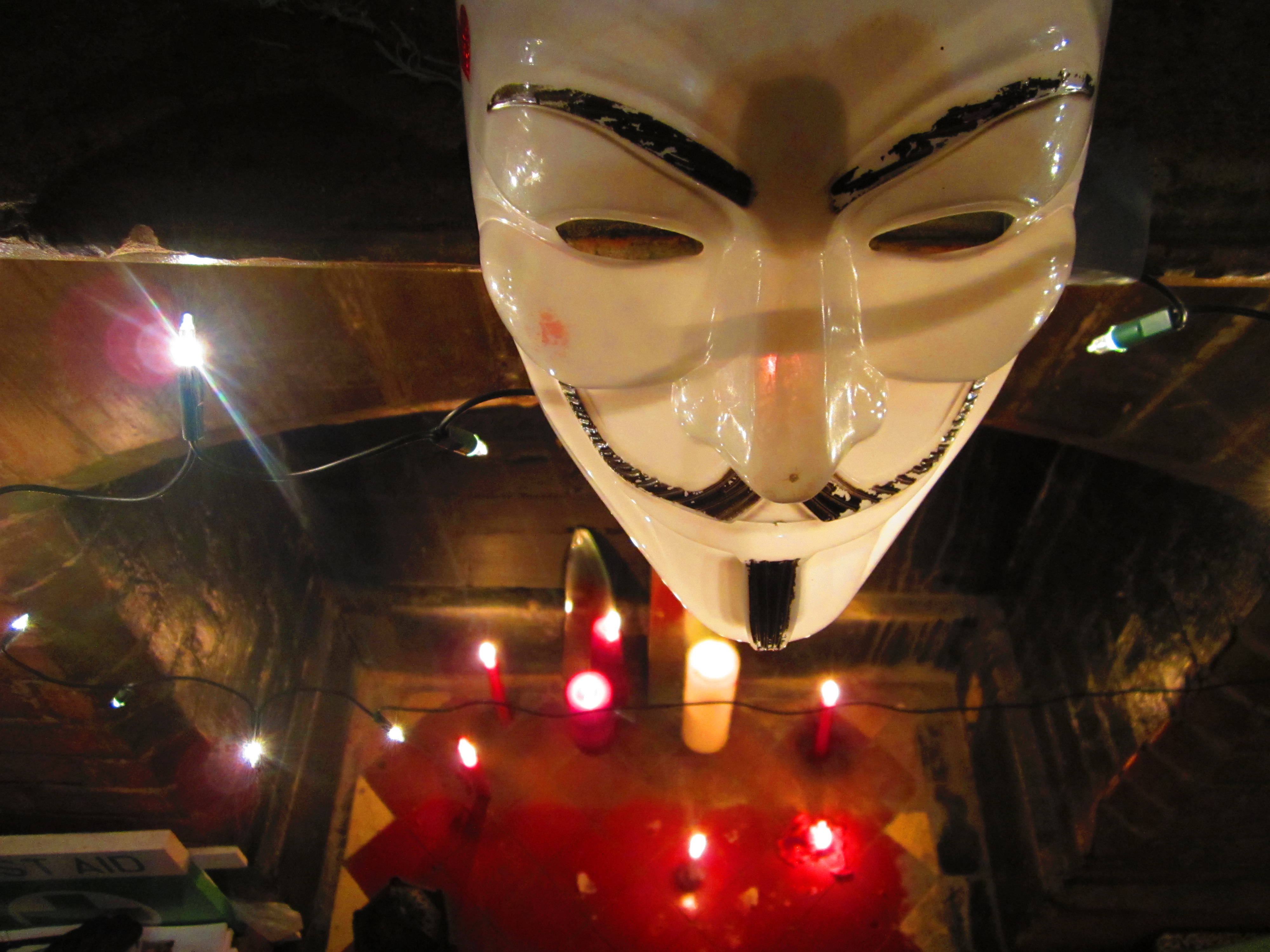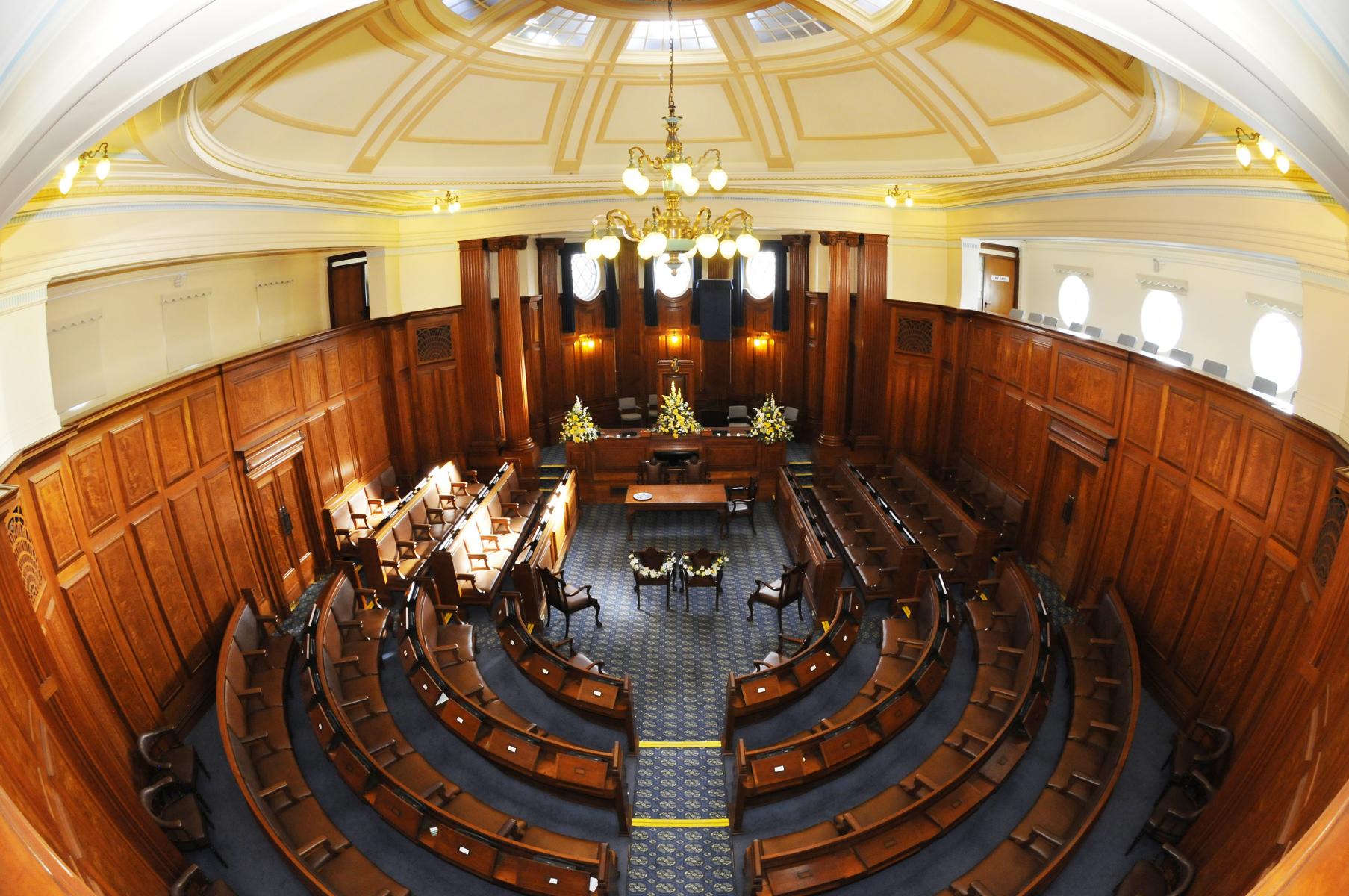During last Tuesday’s foreign policy debate Israel was a hot topic. Support of the nation and its chilly relations with Iran were top of the list while Palestine and a pragmatic approach to peace was a cold bottom. Perhaps the President and Governor missed a trick when not including the issue.
With the Jewish population at 2.2%, approximately 6,489,000, and the Muslim population making up just below 1%, roughly 2,600,000, of the overall population it could be a matter more closely fought over. Muslims are also the most rapidly increasing religious community in the US and have greater concentration in many of the swing states like Virginia and Florida.
Traditionally Jewish voters are a solid Democrat voting bloc, in 2008 over 75% of the Jewish electorate voted Democrat. “I am drawn to the Democratic Party because they are more in the interests of those who require government aid” says Rabbi Seth Adelson, of Great Neck, New York, “Having said that, neither party is adequately attuned to those quarters of society”
Another New York resident, Imam Hafiz Bilal has a different perspective, “Do I feel drawn to either party because of my faith… No. But I prefer Obama.” Previously Muslims had been overwhelmingly Republican, in Florida in the case of the 2000 election Bush won around 50,000 more Muslim votes than Gore. In a state where the vote was won by 557 votes this was crucial.
Dr Franklyn Niles, a professor of political science at John Brown University believes since 9/11 that “Muslim voters in the US are not a group that is actively mobilised by either party”. He believes that there is no one who wants to actively support the Palestinian cause in the US “There’s not a real strong centre of leadership on the pro-Palestinian side, that’s not a popular sentiment among many people.”
Dr Niles believes that “Peace between Palestine and Israel could be an effective campaign slogan, but to be effective and to be compelling in the United States right now it would have to be framed in terms of ‘but we’re on Israel’s side.”
This could be because the Christian right is the dominant pro Israel bloc, “The enthusiasm towards Israel is pronounced among evangelical voters, while Jewish people overwhelmingly vote democrat, Republicans are overwhelmingly pro-Israel because of the religious sentiment.” said Dr Niles
”Imam Bilal feels the Palestinian issue is not something people care about in the US and believes Americans think that “Palestinians are flies in the ointment that many hope will just go away.”
Romney’s words from a leaked video, published on 18th September by Mother Jones magazine, will not give the Imam much hope, “the Palestinians have no interest whatsoever in establishing peace.” he was covertly filmed saying.
Obama has recently stated his thoughts on the issue in an address to the UN General Assembly on 25th September “the future must not belong to those who turn their backs on a prospect of peace. Let us leave behind those who thrive on conflict”
Rabbi Adelson believes that the Obama administration has been “the most supportive of Israel of any in recent memory, particularly on matters of Israel’s security.” but despite the Presidents rhetoric Rabbi Adelson believes that Obama has not done enough to promote peace. He accepts that it is out of his hands “PM Netanyahu and President Abbas can’t seem to bring themselves back to the negotiating table”. He believes that the key to peace lies in the security of Israel, “Israel will not come back to the table unless they feel secure, as such, supporting Israel’s security ultimately supports the peace process.”
A viewpoint echoed by Dr Gadi Wolfsfeld, a professor at the Hebrew University of Jerusalem and expert in the conflict in Israel. Dr Wolfsfeld says that “He (Obama) has been good for Israel in terms of the country’s security” but “for multiple reasons he was unable to move the peace process forward.”
Imam Bilal on the other hand believes that “no president can refuse Israel’s demands and have a successful presidency and Israel knows it.” He says of the US involvement in the peace process that “Palestinians have to attempt negotiations with a belligerent who merely is looking their way to save international face but has no real motivations, persuasions or intentions to seek a mutual fair resolution.”
Dr Wolfsfeld said on the election “it has the potential to have a good deal of effect. If Barak Obama is re-elected it is possible that he will get a peace process started again. If Romney is elected he may still make an effort but at the present time the Palestinians see him as completely on Israel’s side, he would not be seen as an “honest broker”.” He says if this is the case that it would be left up to the Israeli’s and Palestinians and is not hopeful this will work.
“Yes the outcome of the election has potential to bring peace to the region from a theoretical perspective, because historically it has been the president of the United States who has played that brokering role.” Claims Dr Niles but
Rabbi Adelson “can’t see that Romney will do anything differently than President Obama has done” and says that his purported friendship with PM Netanyahu could get in the way of peace. Dr Niles agrees with the sentiment and said “Netanyahu came out and almost seemed to endorse Mitt Romney” though believes that “Based on Obama’s policies and the way he goes about governing, he is a guy that seems fundamentally driven to unity He wants all sides to come to the table, but he hasn’t been all that effective at doing that. Those on the right see him as overly close to or supportive of the Palestinian cause.” He says this is not what the American public necessarily want from him, for many “peace has to be the Palestinians coming to the Israeli table”
Dr Wolfsfeld believes that the US has “the power and the resources to provide incentives to both sides to settle their differences. It has been a key player in every ceasefire and peace agreement that have been successful.”
Dr Niles said on the peace broker role “I think the next president whoever that may be needs to play that role especially as we continue to move out of the Middle East, there could be that power void there and you don’t want that filled by extremist elements.” and Dr Wolfsfeld adds “Without peace, Israel is unlikely to have a bright future.”








